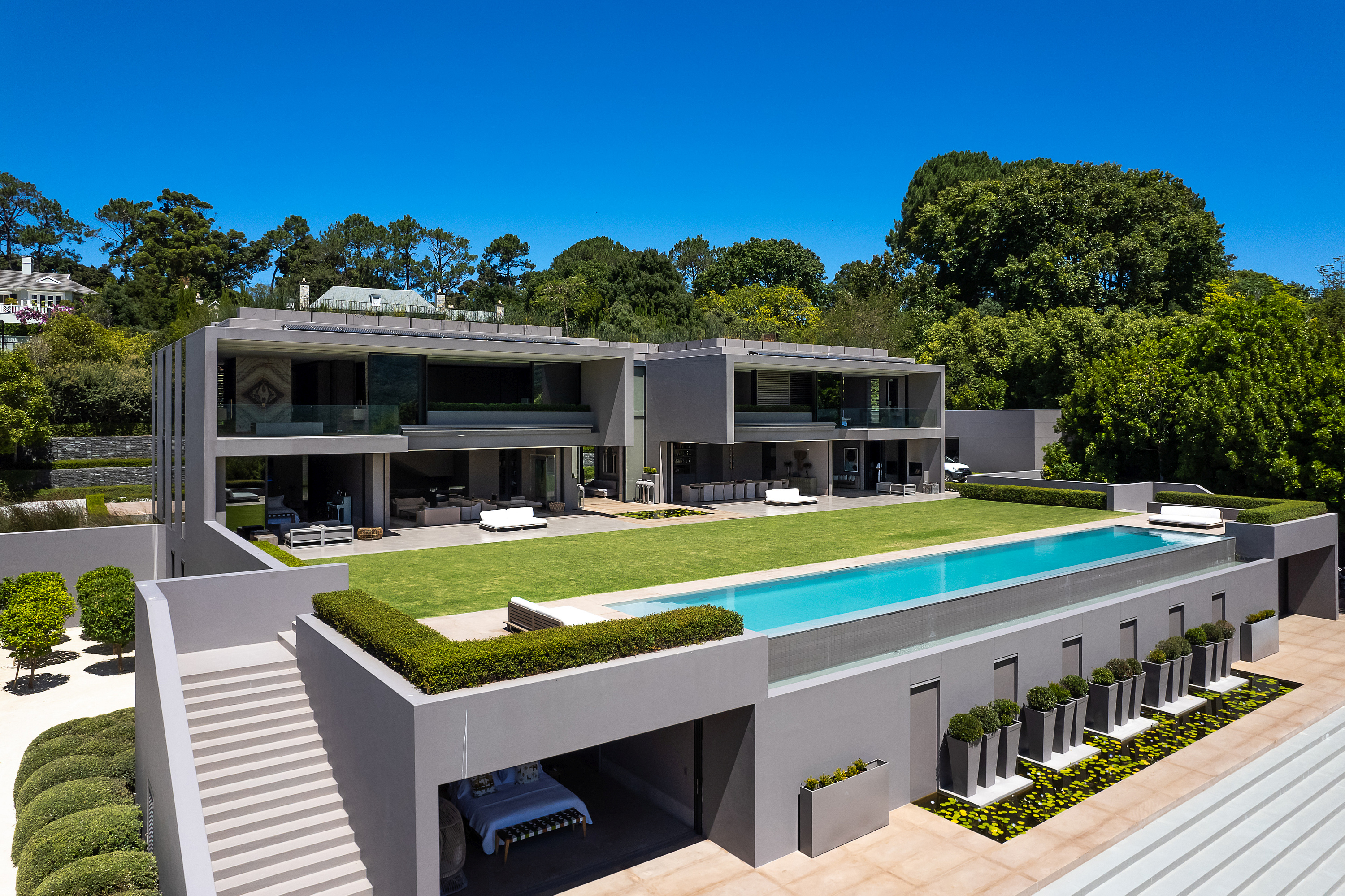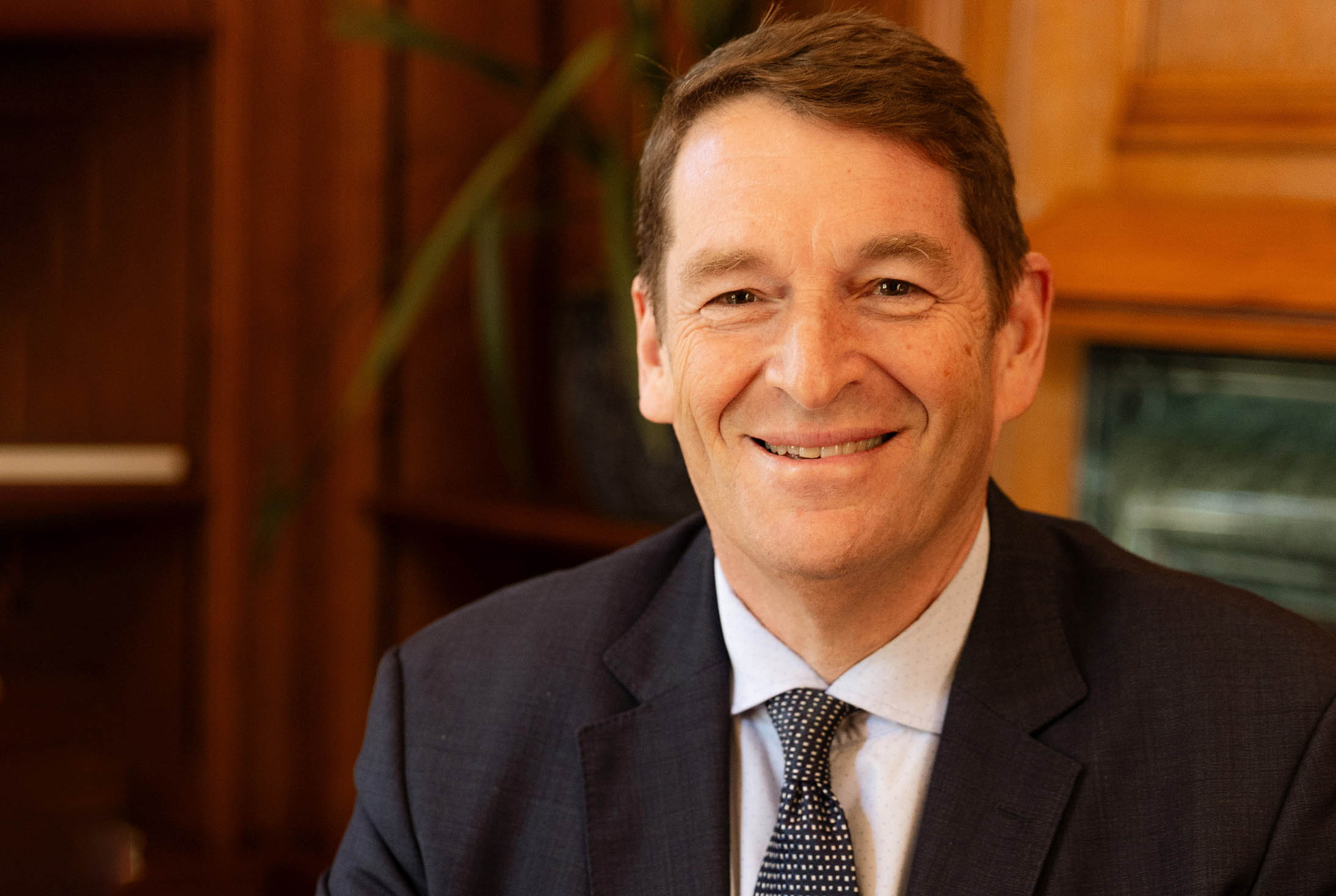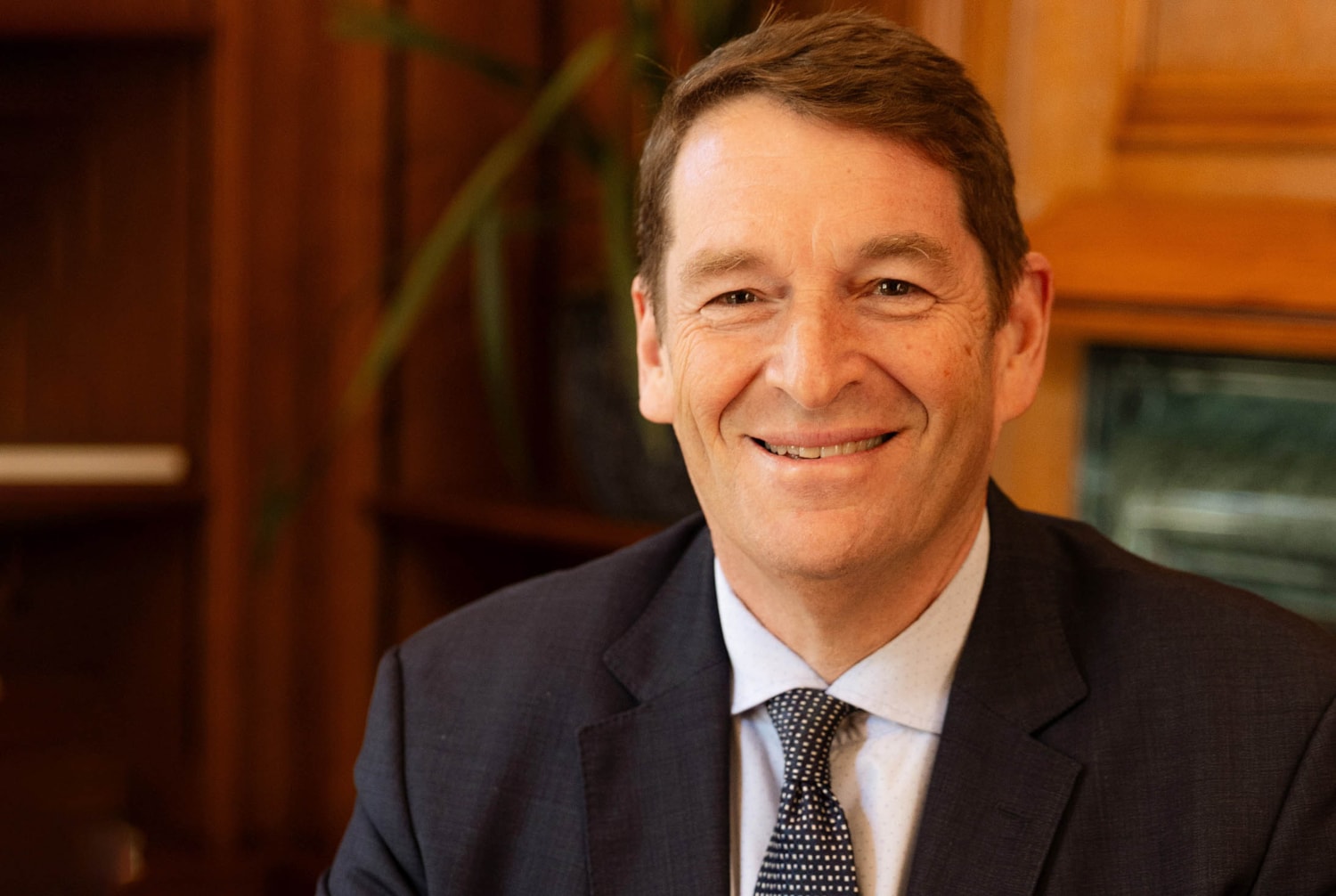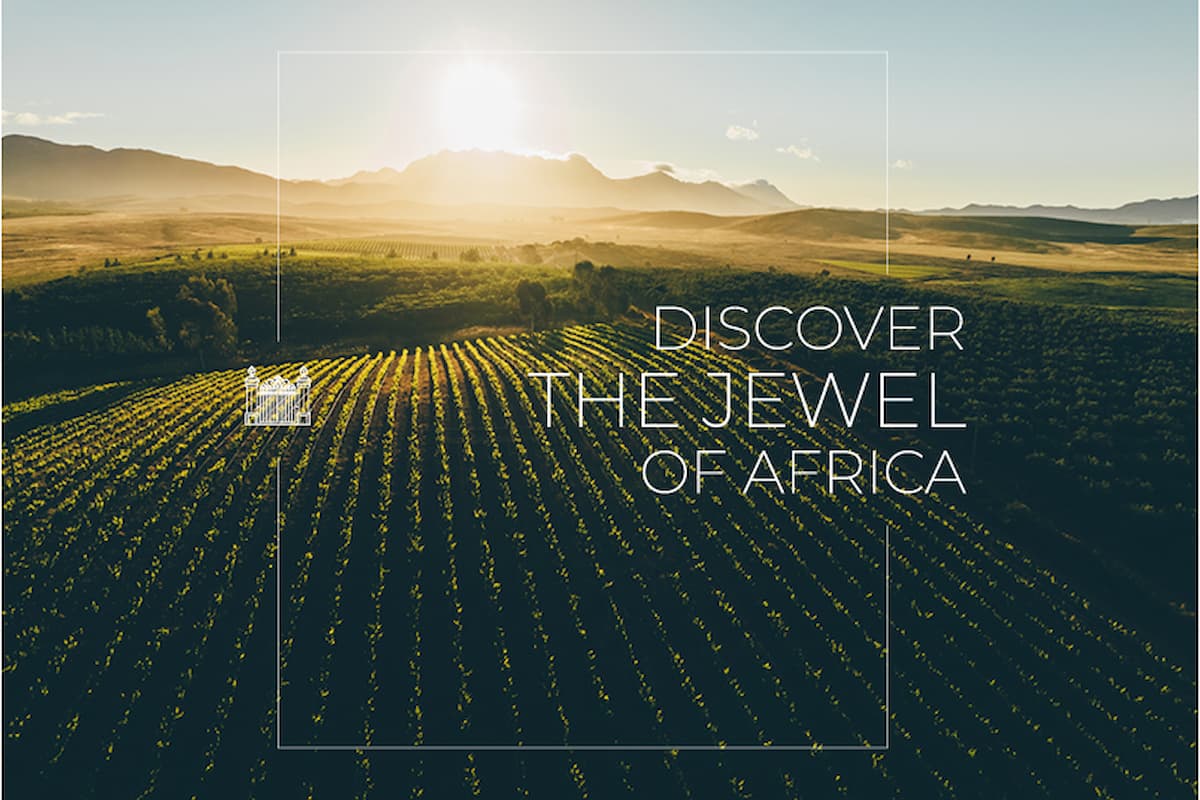Underpinned by improving economic sentiment, fuelled by a series of interest rate cuts - with the prospect of further rate relief, and supported by contained inflation, South Africa’s national housing market recovery continues apace, says Dr Andrew Golding, chief executive of the Pam Golding Property group.
“The outlook is further buoyed by an anticipated reduction in fuel prices and, notably, the country’s exit from the Financial Action Task Force (FATF) grey list, all of which is positive for investor confidence in general.”

Marketed by Pam Golding Properties at R189 million, this luxurious nine-bedroom, three-level home with exceptional mountain views is located in exclusive Bishopscourt in Cape Town’s sought-after Southern Suburbs.
National house price growth remains on an upward trajectory, rising to +4.0% in September 2025, according to the Pam Golding Residential Property Index, with the Western Cape continuing to lead with annual growth of +7.9%. Planned residential building activity is also rebounding, driven by a marked increase in approvals for flats and apartments, particularly in prime Western Cape markets.
Says Dr Golding: “In the luxury and ultra luxury segment, the Western Cape and Cape Town in particular continues to experience high levels of demand, particularly in the City Bowl and Atlantic Seaboard, where achieved property prices of R50 million and even beyond R100 million are no longer unusual exceptions. Prices are surpassing expectations amid significant interest from a mix of local, national, and international buyers.”
Indicative of a strong appetite for high-end coastal living in KwaZulu-Natal, Pam Golding Properties achieved R634 million in sales within just two days of launching Beachwood Coastal Estate, a premier beachfront development on Durban North’s pristine beachfront. This milestone set a new benchmark for land values in the province, achieving over R10 000 per square metre. Purchasers included primarily local buyers, as well as buyers and investors from upcountry, Dubai, and Tokyo, with villas selling for up to R25 million, apartments around R15 million, and vacant erven reaching R20 million for 1 700sqm.
Dr Golding says in Johannesburg the luxury market appears to be slowly but surely reviving, with high-net-worth buyers originating mainly from within South Africa and other African nations. “These buyers are drawn to secure, amenity-rich estates or to established suburbs offering boomed, access-controlled streets that combine strong community appeal with enhanced security, without the constraints of estate living. Proximity to leading schools, business hubs, and lifestyle amenities remains a key consideration, with Sandton, Fourways, and Midrand standing out as preferred nodes.
“Further afield, Mauritius continues to attract affluent global residents seeking a secure, tranquil lifestyle in a tropical setting. The island’s permanent residence opportunities through property investment, together with its modern healthcare, sporting, and retail infrastructure, have strengthened its appeal as both a lifestyle and investment destination. With its blend of modern convenience and natural beauty, Mauritius is drawing a growing expatriate community seeking a place to live, work, and invest in a safe and welcoming environment.”
Similarly, adds Dr Golding, Kenya’s luxury market continues to perform with steady confidence, underpinned by heritage, lifestyle, and enduring value. In Nairobi’s ultra-prime suburbs, including Muthaiga, Thigiri, and Runda, activity remains robust, with landmark residential transactions reflecting strong demand from local buyers seeking address and distinction. By the end of 2026, Nairobi’s status as a diplomatic and lifestyle capital will be further elevated, when it will become among just four cities worldwide to host a UN headquarters, alongside New York, Geneva, and Vienna.



